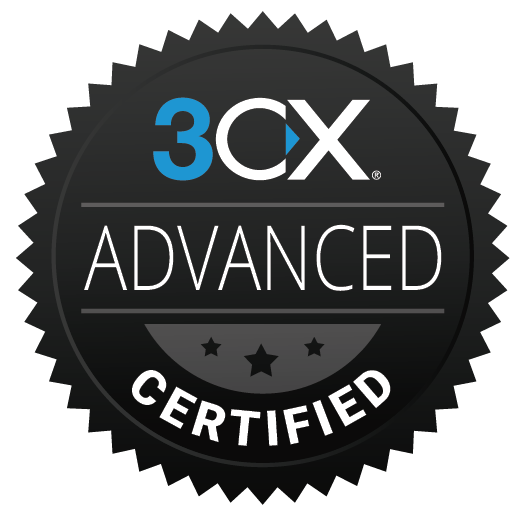Dreamers are often accused of ‘having their head in the clouds’. Today, most businesses are quickly moving towards cloud applications for critical business software, so I guess we all have our head in the clouds in some manner of speaking!
If you have a Gmail account, iCloud or Amazon Drive, Facebook account, etc, you are in the cloud.
Why move to the cloud?
- Uptime – in theory, it is more reliable because the infrastructure is managed by professionals, and can be accessed from anywhere (so if your office goes down, you can still access the applications from other locations or devices)
- Scalability – cloud applications tend to be highly scalable – you can quickly add licenses/users without expensive hardware/upgrades, and may also be able to quickly add/remove users as your workforce changes
- No capital equipment – pay for only what you need on a monthly basis
- No obsolescence – a constant problem with premise-based systems is that the hardware/software can become outdated and require expensive, time-consuming upgrades. With cloud applications, the cloud service provider typically is responsible for always keeping things up-to-date.
What to move to the Cloud?
As many things as makes sense. Common items include:
- Phones – moving to hosted VoIP gets your phone service in the cloud
- Business applications – common business applications such as email (Office 365), QuickBooks, and more all have cloud versions now with much of the same functionality of premise-based applications, and sometimes more
- Servers– People who require servers, can move to cloud-based servers such as Azure, Amazon Workspaces and more
Why not move to the cloud?
There are some things that may not be beneficial to move to the cloud, depending on your business needs. It is important to consider why NOT to move to cloud, to avoid jumping on a bandwagon that may not be in your business’ best interests. Some examples of this are:
- ROI – with some things, like phones, it may still be much more attractive for you to own a phone system than to move to hosted VoIP. If you are the type of company who buys a phone system and keeps it for 20 years, hosted VoIP may not be financially attractive to you since you will pay for it monthly forever. Additionally, moving to the cloud is sometimes much more expensive than keeping premise-based equipment. It is important to do a complete cost analysis of both options to see what is best for you.
- Features – sometimes, you may lose features/functionality when you move to cloud applications (and sometimes you can gain!). It is important to look at what differences there are to make sure it does not adversely affect users or your business.
- Compliance – there may be compliance issues for business such as healthcare, financial, stock brokers, etc. that affect how you use things and secure data in the cloud.
- Internet access – cloud applications require high-quality Internet access, and could also require additional bandwidth. An Internet connection you thought worked fine before moving to the cloud, may not work so well for the cloud applications you want to use.
Confused? There are so many options available, that even we have a difficult time sorting through the options for our customers, and also for ourselves. So what do you do? Make several lists – what could you move to the cloud? What features/functionality do you need or want? What is the total cost of moving to the cloud and how does it compare to my existing costs? If I move to the cloud, what would my business look like in 3 years vs. staying how we are today?






